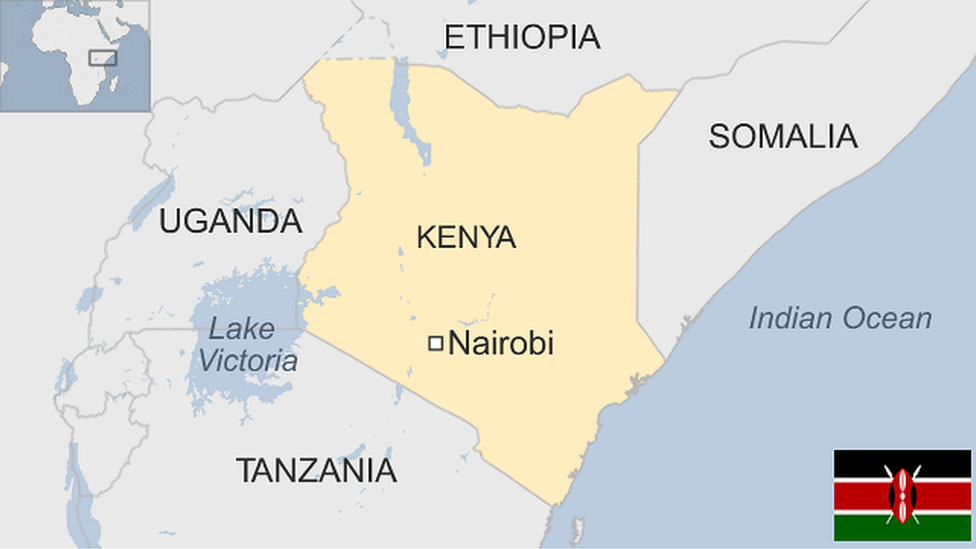
-
AFRICA
-
TANZANIA TO SHUT DOWN X BECAUSE OF ADULT CONTENT
Photo Credit: Getty Images Following political tensions and a hack of the police’s social media...
-
PRESIDENT SAYS NIGERIA IS ON TRACK
Photo Credit: Getty Images Marking two years in office, President Bola Tinubu told Nigerians that...
-
NGŨGĨ WA THIONG’O, GIANT OF AFRICAN LITERATURE, DIES AT 87
Photo Credit: Getty Images Ngũgĩ wa Thiong’o, one of Africa’s most revered literary voices, has...
-
JOSEPH KABILA STRIPPED OF IMMUNITY AS DR CONGO MOVES TOWARDS HISTORIC TREASON TRIAL
Photo Credit: Getty Images In an extraordinary political shift, the Democratic Republic of Congo...
-
FORMER PRESIDENT ALI BONGO SEEKS REFUGE IN ANGOLA FOLLOWING CONTROVERSIAL GABON COUP
Photo Credit: Getty Images Ali Bongo, the former president of Gabon deposed in a 2023 military...
-
RWANDA'S ELECTRIC MOTORCYCLE REVOLUTION COULD POWER AFRICA'S GREEN FUTURE
Photo Credit: Getty Images Rwanda is racing toward a cleaner future with a bold ambition: to...
-
BLOOD PARLIAMENT: BBC DOCUMENTARY ON KENYA’S GEN Z PROTESTS ENRAGES NATION
Photo Credit: Getty Images April 28, 2025, BBC Africa Eye released an unapologetic documentary...
-
TANZANIA TRADE ROW WITH SA AND MALAWI ESCALATES
Photo Credit: Getty Images Tanzania has banned all agricultural imports from Malawi and South...
-
GABON COUP LEADER SECURES LANDSLIDE VICTORY IN POST-COUP PRESIDENTIAL ELECTION
Photo Credit: Getty Images General Brice Oligui Nguema has won Gabon's presidential election with an...
-
FLOODS CLAIM DOZENS OF LIVES IN KINSHASA
Photo Credit: Getty Images Floods caused by torrential rains have killed at least 33 people in...
-
TOURIST SUBMARINE SINKS OFF THE COAST OF EGYPT, KILLING AT LEAST 6 PASSENGERS
Photo Credit: Getty Images Off the coast of Egypt, there has been a tragedy. The Egyptian...
-
HIV SOARS AFTER DEADLY WAR IN ETHIOPIA'S TIGRAY
Photo Credit: Getty Images The woman survived two brutal attacks in the dying days of the war in...
-
TANZANIA TO SHUT DOWN X BECAUSE OF ADULT CONTENT
















